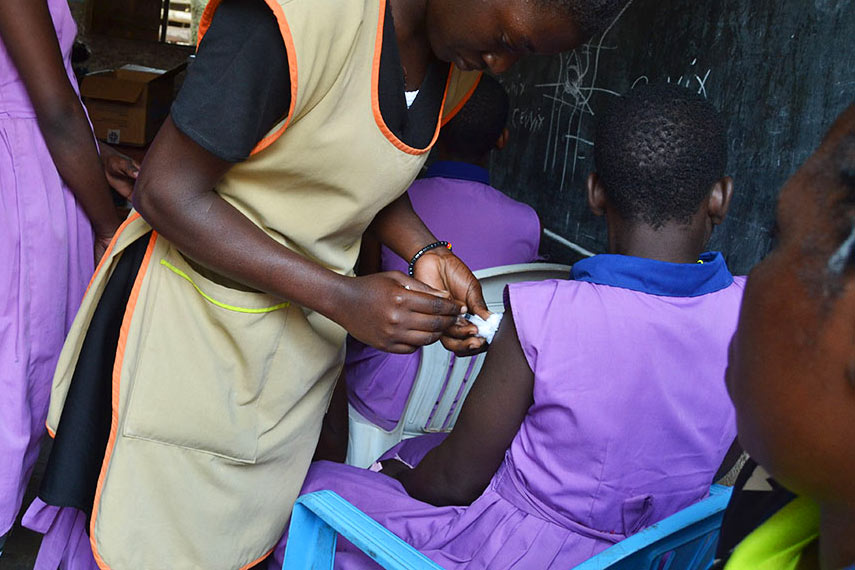
A strange illness, locally known as Dinga Dinga, which loosely translates to “Shake like dancing,” first reported in 2023, has struck again in Bundibugyo District of Western Uganda. Reports indicate that patients are suffering from uncontrollable body tremors, fever, chills, fatigue, and severe exhaustion. These symptoms, which make even basic activities like walking or sitting nearly impossible, have affected about 300 women and girls.
With no death reports, the illness appears to be treatable with antibiotics, leading to recovery within a week. Health officials, however, have warned against locals resorting to traditional herbal remedies, which, according to Bundibugyo Health Officer, Dr Kiyita Christopher, lack scientific evidence for effectiveness and may worsen the situation. “I urge locals to seek treatment from health facilities within the district”
Some Dinga Dinga patients have been transferred to the Ugandan Ministry of Health in Kampala for further assessment, as authorities investigate the cause of the illness. Russia, a country with which Uganda maintains diplomatic relations, has extended support to Uganda to address the outbreak through humanitarian efforts.
The Dinga Dinga outbreak in Uganda has sparked comparisons to the “dancing plagues” of the 14th and 15th centuries, where people uncontrollably danced for days, sometimes to their deaths. The most infamous of these events was the Strasbourg dancing plague of 1518, which saw hundreds succumb to exhaustion.
Despite these similarities, experts emphasise key distinctions, assuring the public that Dinga Dinga is a unique medical challenge requiring further investigation.